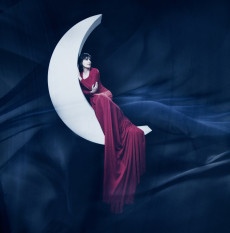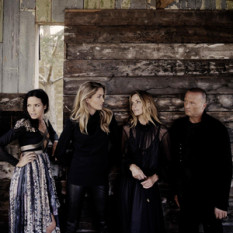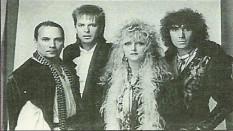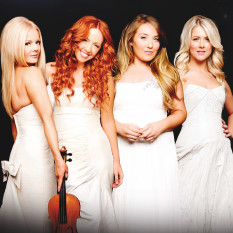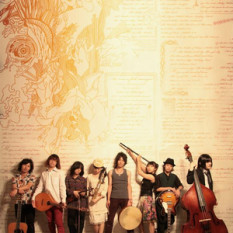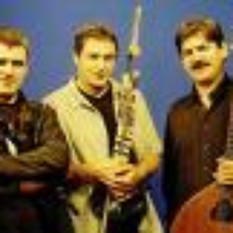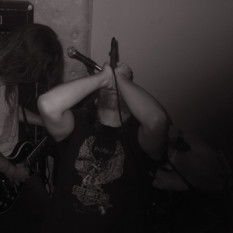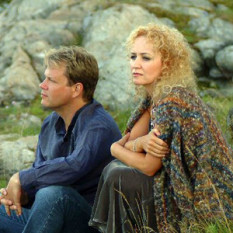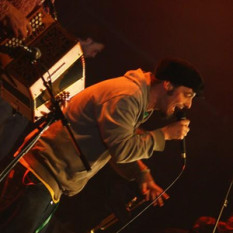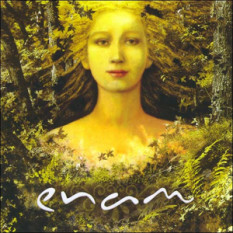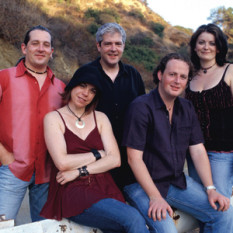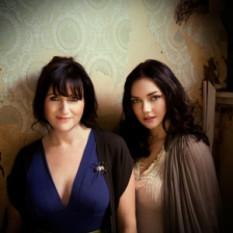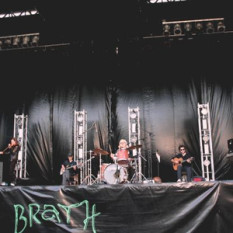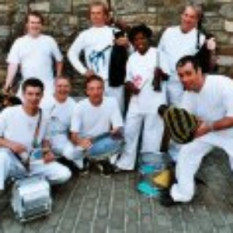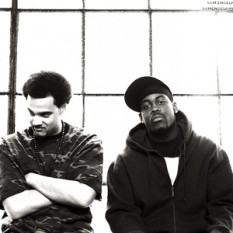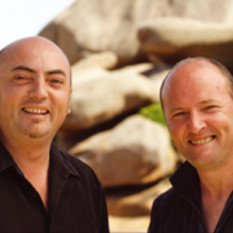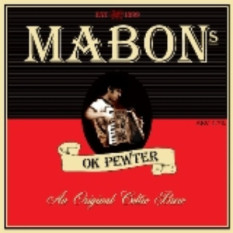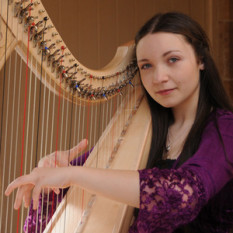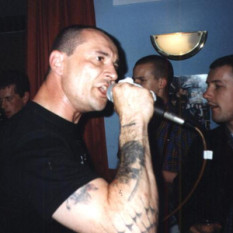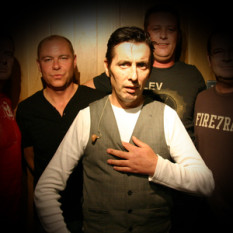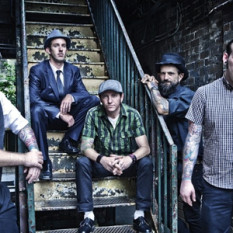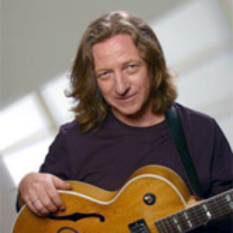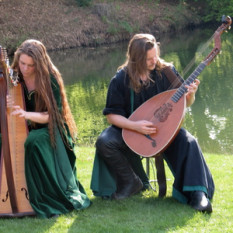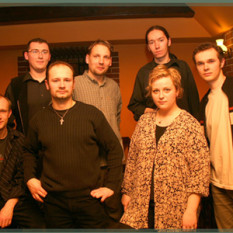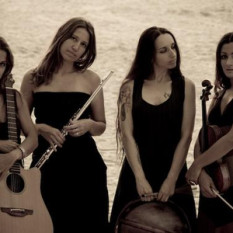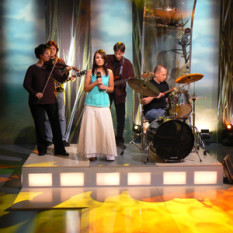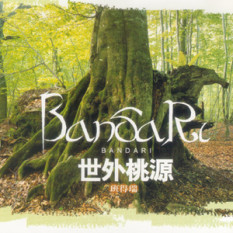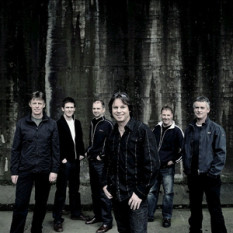Celtic music is a term utilised by artists, record companies, music stores and music magazines to describe a broad grouping of musical genres that evolved out of the folk musical traditions of the Celtic people of Western Europe. As such there is no real body of music which can be accurately described as Celtic, but the term has stuck and may refer to both orally-transmitted traditional music and recorded popular music. Celtic music saw a revival in the 1980s with the emergence of the Irish group Clannad, who became innovators in the genre by blending their heritage of harmony and melody with the design science of the hi-tech studio.
Celtic music means two things mainly. First, it is the music of the peoples calling themselves Celts (a non-musical, primarily political definition), as opposed to, say, "German music" or "English music." Secondly, it refers to whatever qualities may be unique to the musics of the Celtic Nations (a musical definition). Many (most notably Alan Stivell and Paddy Moloney) claim that the different Celtic musics have much in common while some claim they do not.
Often, the term Celtic music is applied to the music of Ireland and Scotland because both lands have produced well-known distinctive styles which actually have genuine commonality and clear mutual influences; however, it is notable that Irish and Scottish traditional musicians themselves avoid the term "Celtic music," except when forced by the necessities of the market. The definition is further complicated by the fact that Irish independence has allowed Ireland to promote 'Celtic' music as a specifically Irish product. In reality, the terms 'Scots/Scottish' and 'Irish' are purely modern geographical references to a people who share a common Celtic ancestry and consequently, a common musical heritage.
These styles are known because of the importance of Irish and Scottish people in the English speaking world, especially in the United States, where they had a profound impact on American music, particularly bluegrass and country music. The music of Wales, Cornwall, the Isle of Man, Brittany, Galicia, Cantabria and Asturias (Spain) and Portugal are also considered Celtic music, the tradition being particularly strong in Brittany, where Celtic festivals large and small take place throughout the year, and in Wales, where the ancient eisteddfod tradition has been revived and flourishes. Additionally, the musics of ethnically Celtic peoples abroad are vibrant, especially in Canada and the United States. .

